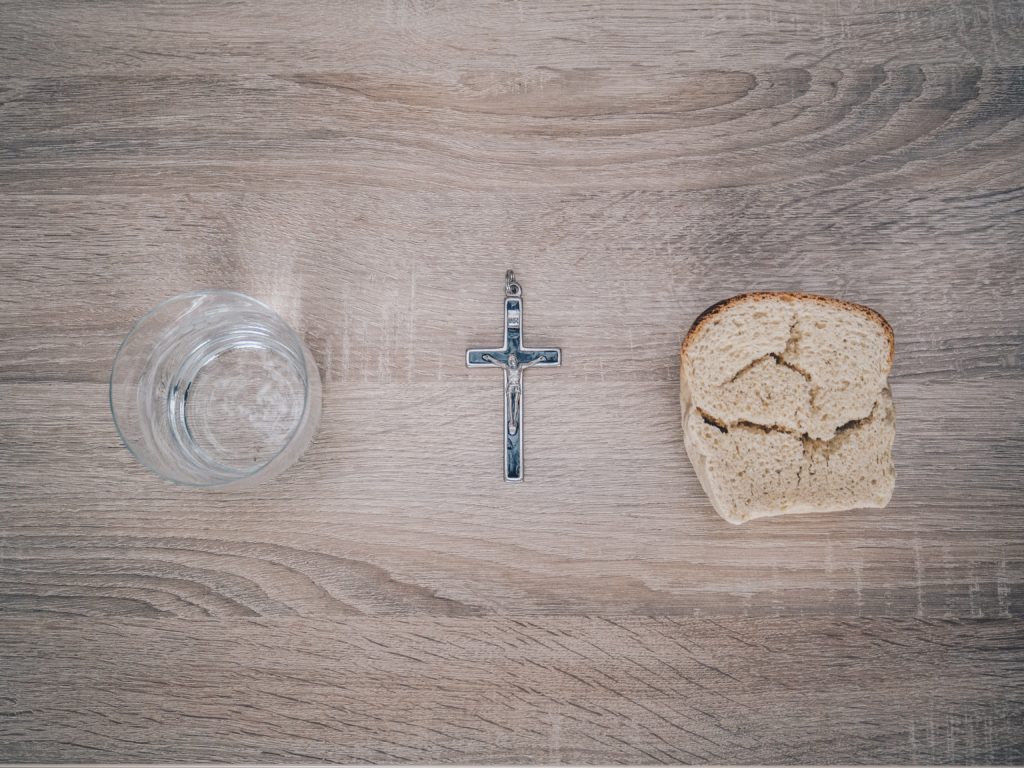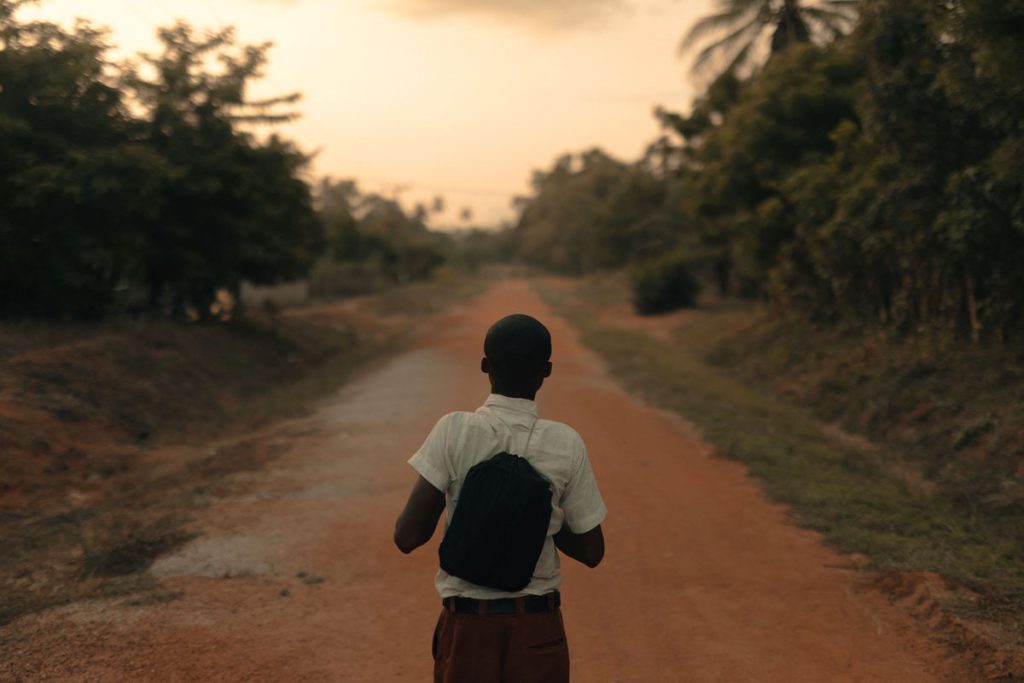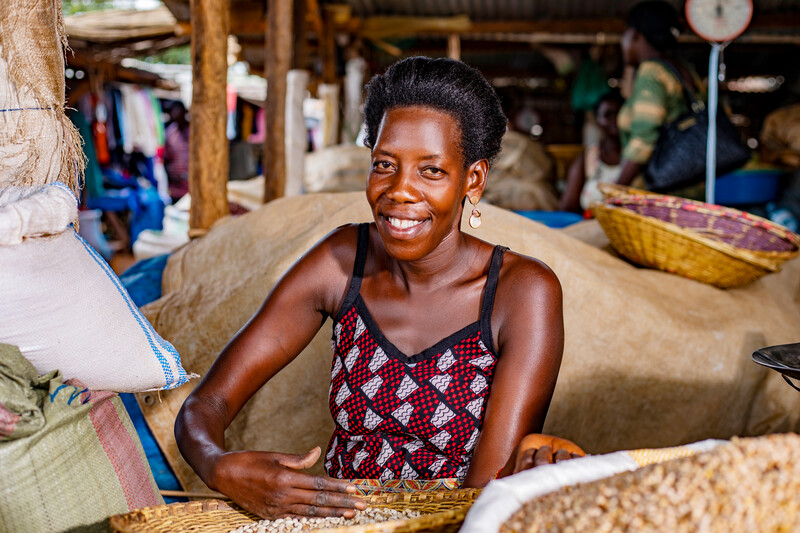
David Groenenboom
Why would anyone knowingly commit to a lengthy period of abstinence? Well, in a culture that hardly wants for anything, purposefully engaging in self-denial can be sobering. We only have to have the wifi drop out for 30 minutes and it’s like the end of the world. Our affluent existence has fast food, express lanes, rapid transit, priority post, and apps to jump the coffee queue. Not waiting has become such a phenomenon in our connected age that Michael Harris has written The End of Absence, exploring the social impact of never having to wait for anything.
Generations past observed Lent as guided preparation for the celebration of the astounding redemptive victory of Jesus Christ. The 40 days of Lent drove people to hunger for the relief Jesus had brought in his death and resurrection. Their waiting was a living prayer that they were longing for a better world: the new heavens and the new earth.
And us? Maybe we can use the season of Lent to remind us – who have just about everything – that “a person’s life does not consist in the abundance of their possessions” (Luke 12:15). In our age, that alone would be a lesson worth learning.
But we can go a step further. We can use a time of “self-denial” to prompt our prayers for the people who go without just about everything, every day. We can pray for those who have no freedom, whose lives are bound by violence, whose daily existence is blood, sweat and tears. Who cry out to God for justice, and who long for relief.
I have a friend who has decided to cut out food between their morning and evening meals for Lent. From Ash Wednesday to Easter Sunday they will skip midday food and snacks. Sure, they’ll get hungry, and when they do, they’ll be prompted to pray for the millions trapped in modern day slavery, who are hungering and thirsting for righteousness. My friend’s tummy rumbles will be a gut-level reminder that their world is not right – that our world is not right. That a large percentage of the world “goes without” every single day.
Why not join my friend? You could fast from food, from social media, from coffee, from alcohol – lots of things, really. And you might be amazed how this intentional, focused self-denial allows you step into solidarity with those trapped in the violence of slavery and forced labour.
You could use the physical reminders to
- petition God, that he might bring freedom to those who are trapped in slavery
- pray for the protection and provision of IJM workers in the field, that they might continue to bring freedom to the captives
- ask God to open your heart to how you can support IJM’s work, and so share the burdens of the world’s most vulnerable people
All the while, you can also take comfort in the fact that the suffering, death and resurrection of Jesus is God’s ultimate statement that he will end all slavery. Until he does, the Victory won by Jesus is his guarantee that he will continue to do his work through us.
“He has shown you, O mortal, what is good. And what does the Lord require of you? To act justly and to love mercy and to walk humbly with your God.” (Micah 6:8, NIV)
In 2016, Dave Groenenboom visited Cebu, the Philippines, as an IJM Justice Advocate and pastor of Gateway Community Church in Perth, Western Australia. He’s now on staff at IJM Australia as Church Partnership Manager, helping other pastors engage their church communities in God’s heart for justice. You can find him on Twitter: @DaveGroenenboom.
Header image: Kamil Szumotalski.




